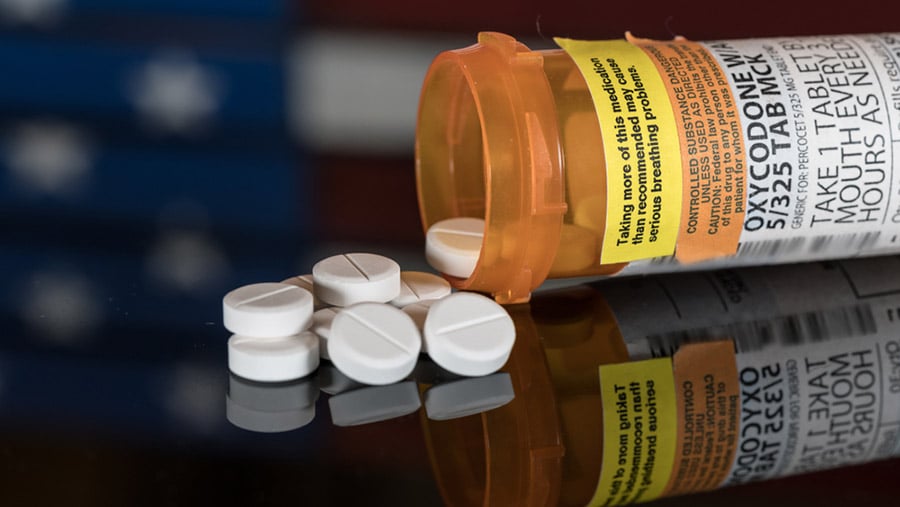Symptoms of Oxycodone Overdose
Oxycodone is a popular semi-synthetic opioid medication normally prescribed to individuals experiencing chronic or severe pain. Oxycodone comes from the poppy plant, where the compound thebaine is synthesized and is used to produce feelings of euphoria and relaxation. This ultimately suppresses and relieves any feelings of pain. Oxycodone works with the opioid receptors in your brain to chemically change the way the brain and nervous system respond to pain. Available in tablets, capsules or other oral forms, opioids such as oxycodone are one of the most commonly abused prescription medications.

Despite being an FDA-approved substance, oxycodone can become habit-forming. Because of the potency of this powerful medication, there is a high risk of developing dependence to this opioid. When healthcare providers prescribe opioids, it is essential to follow the recommended dosage instructions. This leads to a lower risk of abusing the substance and developing dependence. Once an individual develops a physical and emotional dependence on the drug, it can easily turn into an addiction, which can also lead to an overdose.
Check Your Insurance Coverage for FREE
Find out if your insurance covers addiction treatment in minutes. We accept most insurance!
What are some risk factors for oxycodone toxicity and overdose? High-risk factors for overdose can include an individual who already has a history of substance misuse when an individual overlaps multiple medications for different health conditions and when an individual is given prescriptions from multiple doctors. Other elements that could lead to addiction and oxycodone toxicity are when an individual with chronic issues uses medication on a daily basis and when an individual is prescribed high doses of the medication. If not carefully prescribed and taken per the recommendation of the health care provider, individuals are much more prone to developing a dependence on the drug, addiction and taking a fatal dose of oxycodone.
Addiction is a chronic disease. It is a neuropsychological disorder in which an individual consistently participates in actions, such as the abuse of mind-altering substances, that often results in negative consequences. Consistently repeating these harmful actions can lead to physical and behavioral consequences. Once an individual becomes addicted to an opioid substance such as oxycodone, they develop a higher tolerance for the drug and require more or a higher dosage in order to feel the desired effects. This troubling sign leads to oxycodone toxicity and oxycodone overdose.
Some of the signs and symptoms of an oxycodone overdose include:
- Extreme drowsiness
- Muscle weakness
- Cold and clammy skin
- Pinpoint pupils
- Shallow breathing and chest pain
- Slow heart rate
- Decreased awareness or responsiveness
- Low blood pressure
- Respiratory depression
Reach out to Hotel California by the Sea
We specialize in treating addiction and other co-occurring disorders, such as PTSD. Our Admissions specialists are available to walk you through the best options for treating your addiction.
Oxycodone, along with Methadone and Hydrocodone, is one of the most commonly known drugs involved in prescription opioid overdoses. According to the Centers for Disease Control (CDC), an estimated 11.5 million or more Americans have reported misusing prescription drugs. Oxycodone toxicity leads to drug dependence, which then leads to addiction and then could lead to a fatal dose of oxycodone.
References:
https://www.ncbi.nlm.nih.gov/books/NBK482226/
https://www.healthline.com/health/hydrocodone-oxycodone-overdose
https://medlineplus.gov/ency/article/007285.htm
https://www.dea.gov/sites/default/files/2020-06/Oxycodone-2020_0.pdf
